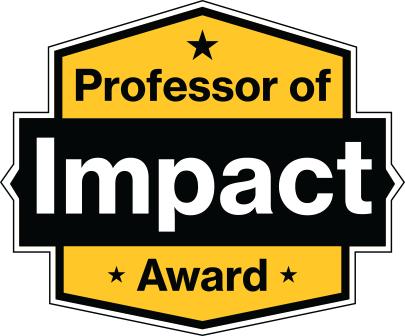“Are Immigrant Entrepreneurs Magnets for Foreign Investors?” with Wallskog, M., & Yi, L.
Link: https://shorturl.at/kltyA
Immigrant entrepreneurs play a vital role in the US startup landscape, yet how they affect the financing of US-based startups is not well understood. Using rich data on equity financing deals in the United States, we identify three key findings. First, immigrant entrepreneurs are disproportionately financed in their early stages by investors based outside the United States. This pattern is largely driven by immigrant entrepreneurs receiving equity financing from investors located in their home countries, consistent with homophily, and this homophily is not justified by better performance. Second, using capital supply shocks from different countries, we show that these homophilic investment patterns are not solely driven by startup demand for capital. Finally, we show that, through this homophily, immigrant-founded startups can attract international capital to the US startup ecosystem at large. We find evidence of financing spillovers, with native-founded startups receiving more international capital when they are located near immigrant-founded startups receiving international capital. Taken together, these findings suggest that immigrant entrepreneurs additionally contribute to the US startup ecosystem by serving as magnets for foreign investors.
“Equity-Investment Accelerators Are Cherry Pickers” (Solo Author)
Link: https://shorturl.at/hruF4
The dilemma of going big or staying small challenges entrepreneurs to wisely decide whether to trade equity in exchange for capital investment and have a more valuable equity share or retain a majority equity stake and look for noteworthy opportunities in later stages. I discuss a major heterogeneity among accelerators in terms of equity investment and early-stage seed funding. Using matched sample analysis, I provide evidence that although participating in an equity-investment accelerator has beneficial effects on the post-accelerator performance of portfolio companies to reach the next round of fundraising faster, they raise less capital in 12-month, 18-month, and 24-month time horizons after graduation in comparison to graduates of equity-free accelerators. In fact, in contrast to Yu (2020) who argues that equity-investment accelerators host lower-quality ventures, I find that founders with more years of corporate experience and higher-quality business ideas tend to shorten the path to success by participating in equity-investment accelerators. On the other hand, consistent with Hallen et al. (2020) who believe that a learning mechanism is the primary cause of accelerator effects on venture development, I find that, while ventures are heterogeneous and they learn at different rates and different depths, some entrepreneurs have already learned what to do, and it is accelerator equity design and seed investment that negatively impact acceleration and slow down venture growth.
“What Do Initial Coin Offering (ICO) Whitepapers Disclose?” with Rahmani Moghaddam, M.
Link: https://shorturl.at/cdltu
We study information exchanged between ICOs and investors via disclosed information in 2149 ICO white papers. We employ natural language processing (NLP) to quantify the structure of white papers and demonstrate their contribution to the success of ICOs. Following the content analysis by Toubia et al. (2021), we elicit information from ICO textual sources by calculating three measures namely, speed, volume, and circuitousness. Our findings show that ICO projects with a well-written white paper that disclose risk and routinely return to previously discussed topics (i.e., circuitousness) are likely to raise more funds. Consistent with this, white papers that cover more ground (i.e., volume) contribute positively to the successful outcomes of ICO fundraising campaigns. In contrast, white papers that transit quickly between topics (i.e., speed) are less likely to have a positive impact.



